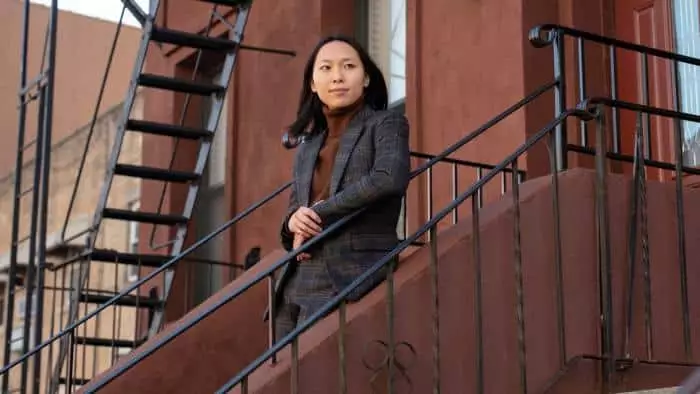Despite the coronavirus pandemic, business school applications are booming. MBA providers have been grappling with record numbers and increasing class sizes to accommodate a rush of executives seeking to improve their management credentials.
However, the gender divide persists. Demand among men for MBA places has been much stronger than among women, raising concerns that years of progress towards greater inclusion in business education is at risk of regressing.
(Image Credit – Financial Times)
The Forté Foundation, which lobbies for gender equality in education, found last year that the proportion of women enrolled in MBAs at their 52 member schools remained unchanged compared with 2019. Although almost half of schools managed to break the 40 per cent barrier in 2020, improvements in female representation across the membership had stalled. Female enrolment in full-time business programmes had been inching up in recent years as admissions teams promoted female alumni, and schools offered scholarships specifically for women and targeted sectors where women hold more of the management roles.
Please use the sharing tools found via the share button at the top or side of articles. Copying articles to share with others is a breach of FT.com T&Cs and Copyright Policy. Email [email protected] to buy additional rights. Subscribers may share up to 10 or 20 articles per month using the gift article service. More information can be found here.
https://www.ft.com/content/ace633b4-f10c-4381-bc37-3239581df428
Female enrolment in full-time business programmes had been inching up in recent years as admissions teams promoted female alumni, and schools offered scholarships specifically for women and targeted sectors where women hold more of the management roles.
When Forté was formed in 2001, it calculated that less than 28 per cent of MBA students in the US were women. A third of full-time MBA students at member schools were women in the autumn of 2013 and that rose to nearly 39 per cent of the group in 2019.
“There is a concern that the progress that has been made will go into reverse,” Elissa Sangster, Forté’s chief executive, says. “Concern has been higher among women about returning to full-time study during a pandemic, given that the jobs market may be far harder after graduation,” she says. The financial risk is often the biggest factor for female MBA applicants, she adds, and suggests the most effective change schools can make is cutting the price tag for those considering a return to formal education.
Read the full article at Financial Times.



